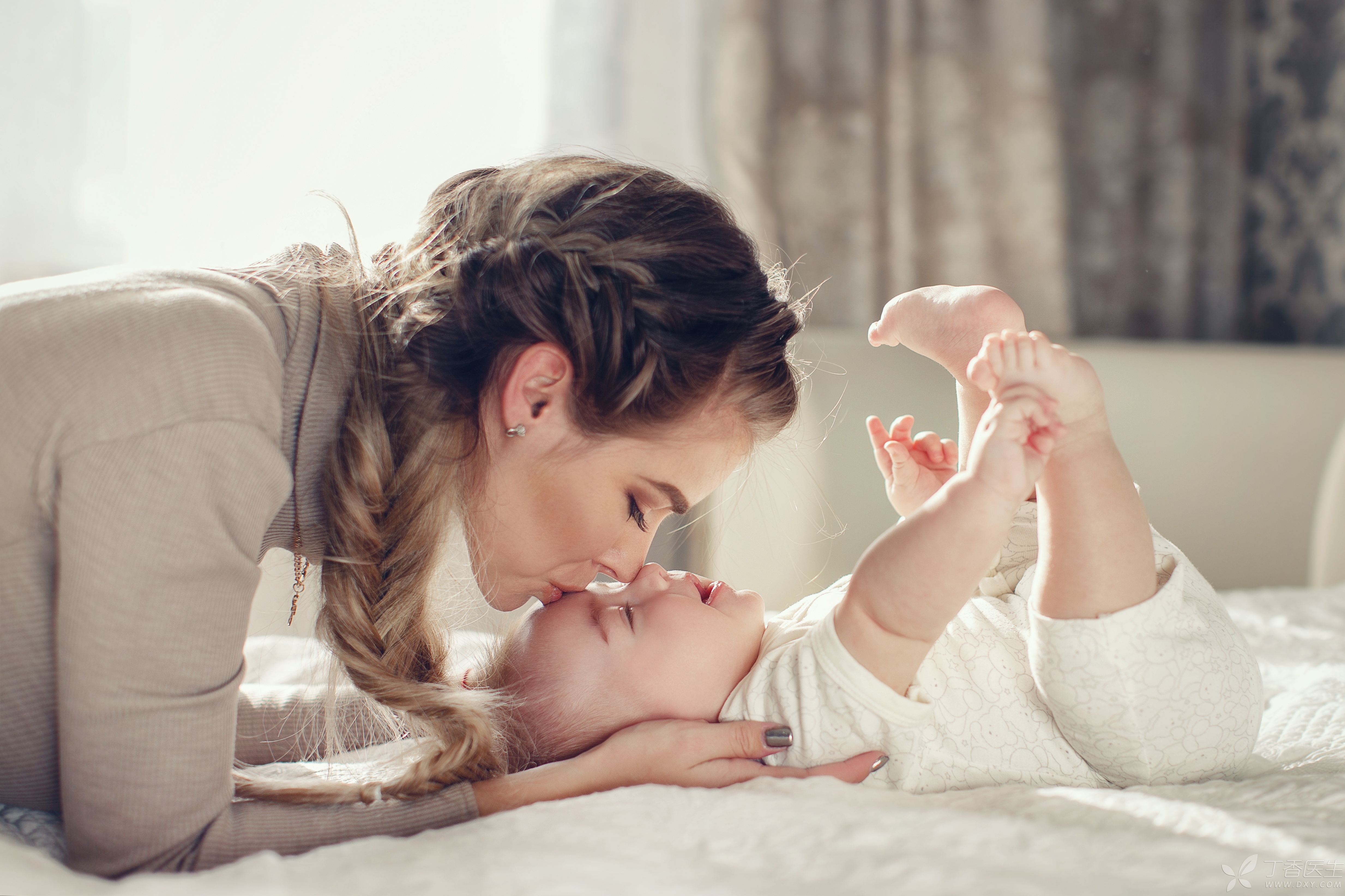
Myth 1: Medication is required when body temperature exceeds 38.5 ℃
The purpose of antipyretic drugs is not to cool down or cure diseases, but to make the baby more comfortable.
Most babies may feel uncomfortable at a temperature of 38.5 ℃ or above, so they can choose to take medicine. If the child does not show discomfort, even if the temperature is higher after fever, he can eat, play, laugh, jump alive or sleep quietly. He can also continue to observe without medication.
On the contrary, if the baby’s fever has not reached 38.5 ℃, but the mental deviation, because of the uncomfortable performance of fever, can also be administered as appropriate. In addition, children with poor spirit should seek medical treatment in time to find a doctor to judge the child’s illness.
Myth 2: High fever will burn out the brain,
A simple high fever will not cause brain damage to children. The real possibility of brain damage is other diseases, and high fever is only one of the symptoms. Such as encephalitis, epilepsy, electrolyte disorders and other intracranial diseases.
Myth 3: Antipyretic Drugs Can Prevent Febrile Convulsion
Antipyretic drugs only relieve discomfort caused by fever, and cannot prevent the onset of febrile convulsions or reduce the risk of recurrence of febrile convulsions. In case of fever convulsions in babies, they should be handled correctly and seek medical treatment in time.
Myth 4: Children should wake up and take medicine when they fall asleep and have a fever.
Whether to wake up depends on the child’s mental state.
If the child is sleeping quietly, it means that the child does not feel uncomfortable in what and generally does not need to wake up the child to take medicine. If the sleeping child is hot and restless, it means that he may not feel well and can wake up to take medicine.
Myth 5: Warm Water Wiping Can Reduce Fever
First of all, studies have shown that wiping can only relieve the fever for a short time and has no antipyretic effect. Secondly, many babies with fever are usually groggy and want to sleep. It will be very unhappy to be wiped around at this time, but they may cry and chill instead.
Myth 6: Simultaneous or Alternate Use of Antipyretics
Simultaneous or alternate use of antipyretics increases the risk of adverse reactions. For babies, safer antipyretics include [acetaminophen] and [ibuprofen], just choose one to take.
